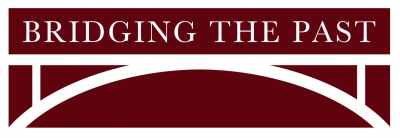A few weeks ago I attended a conference where Judy Russell (the Legal Genealogist) was the guest speaker. She gave several wonderful talks, but the one I was most looking forward to was the one about using court records to learn more about your ancestors and social history. I was not disappointed. She showed many examples of how court records can tell much about our ancestors even if our ancestors never appear by name. Probate records can give a sense of the wealth of the town, criminal records can show the most likely punishment for common offenses such as stealing, adultery or fornication in colonial times, etc., for a given locale and time period. She even showed cases where people in the town were reimbursed for caring for the poor, giving us a sense of what the going rate was for various services. My favorite example was one which highlighted the medical theories of the time in a homicide case.
Diane Rapaport is another professional genealogist with a law background. Her “Tales from the Courthouse”, a popular column which ran for several years in the the American Ancestors magazine, provided a humorous way to look at court records and gain insight into the society in which they were produced. Her book, The Naked Quaker, uses court records from colonial New England to examine societal norms and common (or uncommon relationships) between parents and children, neighbors, and society and slaves and servants.
I haven’t used court records yet, but will add them to my list of resources. What sorts of social history information have you found in court records?
